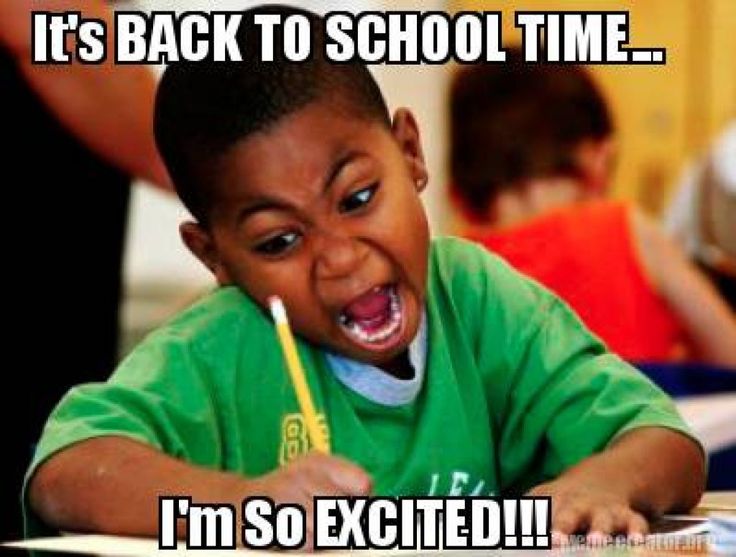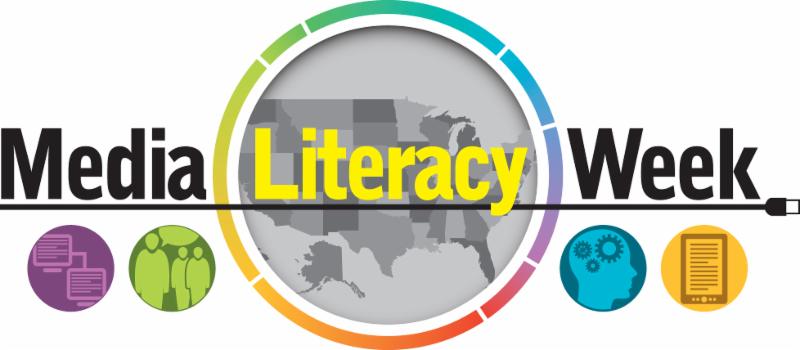On the first day of class, I give out a questionnaire to my students so that

I can get to know them better. The questions vary from bei
ng about
the class itself (W
hat do you hope to gain by taking this class?
) to personal (W
hat social issues matter most to you?
). All the questions lead to the final, most important one:
What is one thing you wish your teachers knew about you?
This is only my third semester at Brooklyn College but I am already struck with the information I consistently gather from this one question.
I have heard from many quiet, introverted students wanting to tell me that even though they don't talk a lot, they promise they are paying attention. I have heard from a student that suffers from ADHD who draws in a notebook during class to keep himself focused. I have heard from immigrants who are still struggling with the language and who ask for my patience. I have learned about a student's Lupus diagnosis, a student's fear of a writing course because of a learning disability, and complicated schedules that include four other classes and two jobs.
 From this questionnaire, I begin to form a different kind of relationship with my students. One that lets them know I really care about what they want to tell me. I really care about who they are. I realize that the instinct to do this in my classes comes from the teachers who taught me. I don't recall much of the facts of what I was taught growing up but I certainly remember the way my teachers made me feel. I remember the ones who made me feel special, smart, and worthy. I remember the ones who asked for my input and listened. I also remember the ones who didn't.
From this questionnaire, I begin to form a different kind of relationship with my students. One that lets them know I really care about what they want to tell me. I really care about who they are. I realize that the instinct to do this in my classes comes from the teachers who taught me. I don't recall much of the facts of what I was taught growing up but I certainly remember the way my teachers made me feel. I remember the ones who made me feel special, smart, and worthy. I remember the ones who asked for my input and listened. I also remember the ones who didn't.
I am not certain who gave me the idea to do a first day of class questionnaire. I am certain it was someone in the
NAMLE community. (All "my" good ideas come from the
NAMLE community!) I am sure it was one of my media literacy role models teaching me another effective teaching tool
and how much student voice matters. Almost every single day I find a new tip, a new resource, a new inspiring classroom project either in my email inbox, my Twitter feed, or on a partner's website. There is so much we can learn from each other. So much we can share to make our classrooms fuller and richer; places where are students feel heard and empowered.
As we all embark on a new school year, whether as a teacher, a
student, a parent, or community member, let's work together and share ideas, resources, and inspiration with each other. I'll start. Here are some of the things that have made me think recently that I will be discussing in my class in the weeks to come.
Houston Relief Efforts - I am beyond moved by the images of ordinary people helping Houston and the surrounding areas in the aftermath of Hurricane Harvey. Houston was very much on the minds of my students this week and will continue to be. I plan to explore how the hurricane has been covered in various news outlets with them. Any ideas? Send them my way!
PBS POV Film's Pink Boy
-
Pink Boy
is a
n intimate portrait of a gender-nonconforming child growing up in conservative rural Florida. It's simple yet powerful and a wonderful conversation starter.
Heather Heyer's Mom at the MTV Video Music Awards - Susan Bro, mother of Heather Heyer, the woman who was killed during the Charlottesville protests appeared on MTV VMAs to say a few words on Heather's behalf and announce the launch of the
Heather Heyer Foundation. There is so much conversation to be had about this in my opinion. How would you discuss this in class?
This
NY Times Article entitled
ESPN Football Analyst Walks Away, Disturbed by Brain Trauma on Field caught my eye. I've been personally fascinated with the brain research around football players and found the
Frontline's League of Denial Series fascinating. This is content that I know will be appealing to the sports fans in my class that aren't always interested in discussing current events.
Whatever you do in these first few weeks and months of the new school year, don't forget that
Media Literacy Week is coming up on November 6 -10.
How are you planning to get involved?
It's not too early to start
 planning. Coordinate an event at your school. Plan media literacy activities in your classroom. Partner with an organization in your community. Help with legislative efforts in your state. Contact us and let us know how you will join the efforts. Stay tuned for more information.
planning. Coordinate an event at your school. Plan media literacy activities in your classroom. Partner with an organization in your community. Help with legislative efforts in your state. Contact us and let us know how you will join the efforts. Stay tuned for more information.
Best of luck to you all this school year,